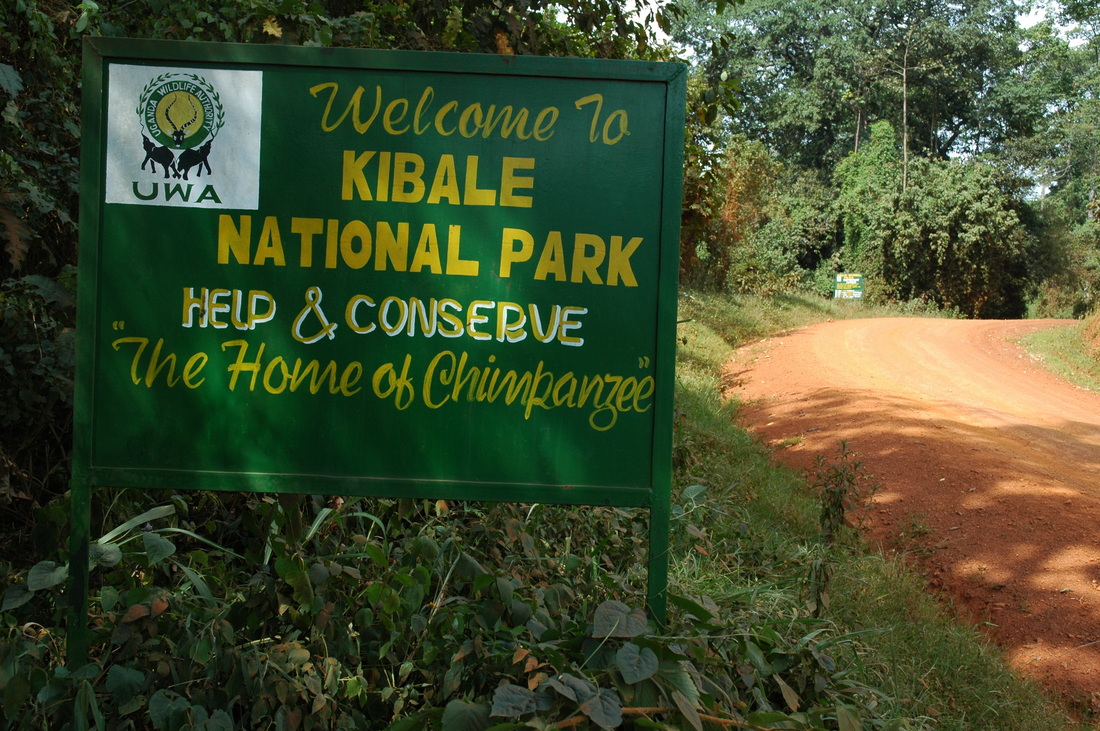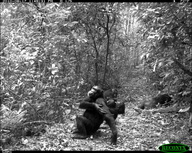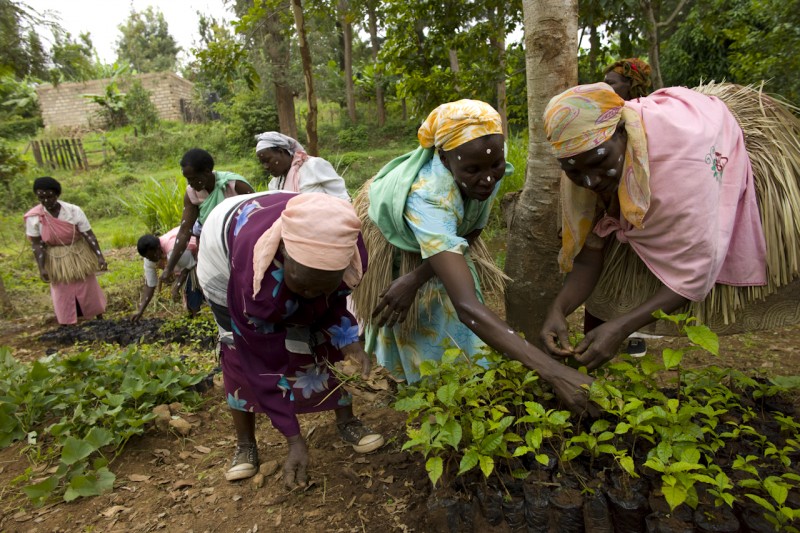** CANCELLED - TO BE RESCHEDULED IN FALL 2014 **  One of the things I love about working at a university is learning about research through campus seminar series - and now it's my turn! I've been a Visiting Scholar at the Institute for Coastal Research at Vancouver Island University since September 2012. Everyone at VIU has been really good to me during my stays in Nanaimo! It's such a welcoming environment and I've been fortunate to be involved in some of their research, like the Protected Areas and Poverty Reduction project. I'm looking forward to sharing some of my doctoral research with everyone. It's a public talk so everyone is welcome! Bring your LUNCH AND LEARN about research at VIU!
Tuesday, April 22 from 12 pm-1 pm ICR Lounge, 4th floor of Building 305 (the library building, just north of the bus loop) Vancouver Island University, 900 Fifth Street, Nanaimo, BC "People and monkeys and trees, oh my! Restoring biodiversity and ecosystem services in an African tropical rainforest" Conserving tropical rainforests seems like a conundrum. Tropical rainforests are home to more than half the planet’s biodiversity and provide vital ecosystem services that humanity depends on. But human activities like logging and farming destroy or degrade vast areas of rainforest every year. Restoring rainforest is critical for conserving biodiversity and providing ecosystem services, but restoration can be difficult, expensive, and slow. In this talk, Aerin will explore how past and present human activities affect the recovery of rainforest and wildlife in western Uganda’s Kibale National Park. She investigates contrasting changes in habitat inside and outside the national park, the potential for exotic species to accelerate native forest regeneration, and interactions between forest regeneration and primate and elephant populations. Although conflicts arise between different elements of biodiversity and ecosystem services, this is a rare case of finding win-win scenarios in natural resource management. Nature and the economy give rise to niches and diversification I like science outreach that uses unusual and creative methods to make their message stick with each audience. The good folks at Minute Earth make short (2-3 minute) YouTube videos explaining all manner of science-y things, from freezer burn to bed bugs, or why some countries drive on the left vs. the right side of the road. This time they tackle niches, competition, and coexistence using the analogy of microbreweries. Here's their basic question: How can little specialist plants (read: microbreweries) survive in a world dominated by big competitive trees (read: macrobreweries)? Here's their answer: "By capturing the most valuable resources before they reach others, dominant trees and companies exclude weaker competitors who employ the same tactics. But there are trade-offs in any strategies, and being the best on average rarely works in all cases and conditions. That's how understorey ferns and microbreweries can succeed, by specialising in conditions the big guys aren't so good at -- the so-called empty niches... Where there are resources, there is the potential to survive. So it's not really surprising that both nature and the economy, driven by the same kinds of competition, give rise to niches and diversification, in the canopy and understorey, in the forest and supermarket aisle." I'll toast to that! And with some great organic microbreweries and wineries to boot! |
AuthorConservation scientist at the Yellowstone to Yukon Conservation Initiative (Y2Y). Likes trees, mountains, chocolate, and looking under rocks. Feminist. Archives
March 2020
Categories
All
|



 RSS Feed
RSS Feed
